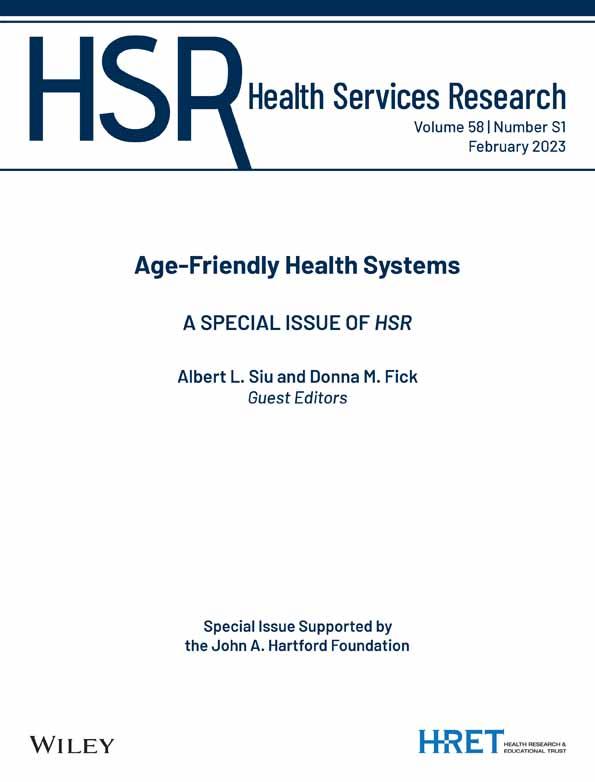Headline
Using the Project ECHO model to train rural providers on the Age-Friendly Health Systems Framework demonstrated successful process outcomes.
Context
There is a lack of geriatrics-prepared providers, especially in rural areas where older adults also face barriers to care like transportation access, high-speed internet access for telemedicine, and rural providers in general. This study evaluated the integration of the evidence-based, Age-Friendly Health Systems Framework (known as the 4Ms: What Matters, Medication, Mentation, and Mobility) at Pennsylvania’s largest federally qualified health center (FQHC). The FQHC’s rural primary care providers across over 20 sites received training through the Project ECHO hub-and-spoke model for telementoring. Process outcomes included completed annual wellness visits, advance care planning, dementia screening, fall risk management and mobility goals.
Findings
This initiative’s key finding was that Project ECHO was an effective way to educate busy, multidisciplinary health care professionals on the 4Ms, which was demonstrated through strong attendance and favorable evaluation data. Longitudinal trends related to quality metrics related to the 4Ms at the pilot sites grew substantially. Documented highlights include dementia monitoring increasing from 42 percent to 60 percent and advanced care planning discussions increasing from eight percent to 18 percent.
Takeaways
These findings suggest that training providers on the 4Ms and integrating them into clinical care delivery can improve process outcomes for older adults. Furthermore, the results also suggest that integrating 4Ms within FQHCs can help address health inequities among older adults, such as dementia detection.


